SNOW // 01 DEC 2022
IT’S ALL IN YOUR HEAD
I’m 29 years old and sometimes I feel like I’m a little late to the game, especially when it comes to pursuing a professional ski career. When I look around me, my peers are either the same age and have been skiing professionally for a decade-plus, or they’re nearly 10 years my junior and essentially at the same stage in sponsorships and support. I find it easy to discount myself, and all the work I’ve put in, when I compare my current status to others. Then I have to remember the road I took to get here, and all the speed bumps I’ve navigated along the way.
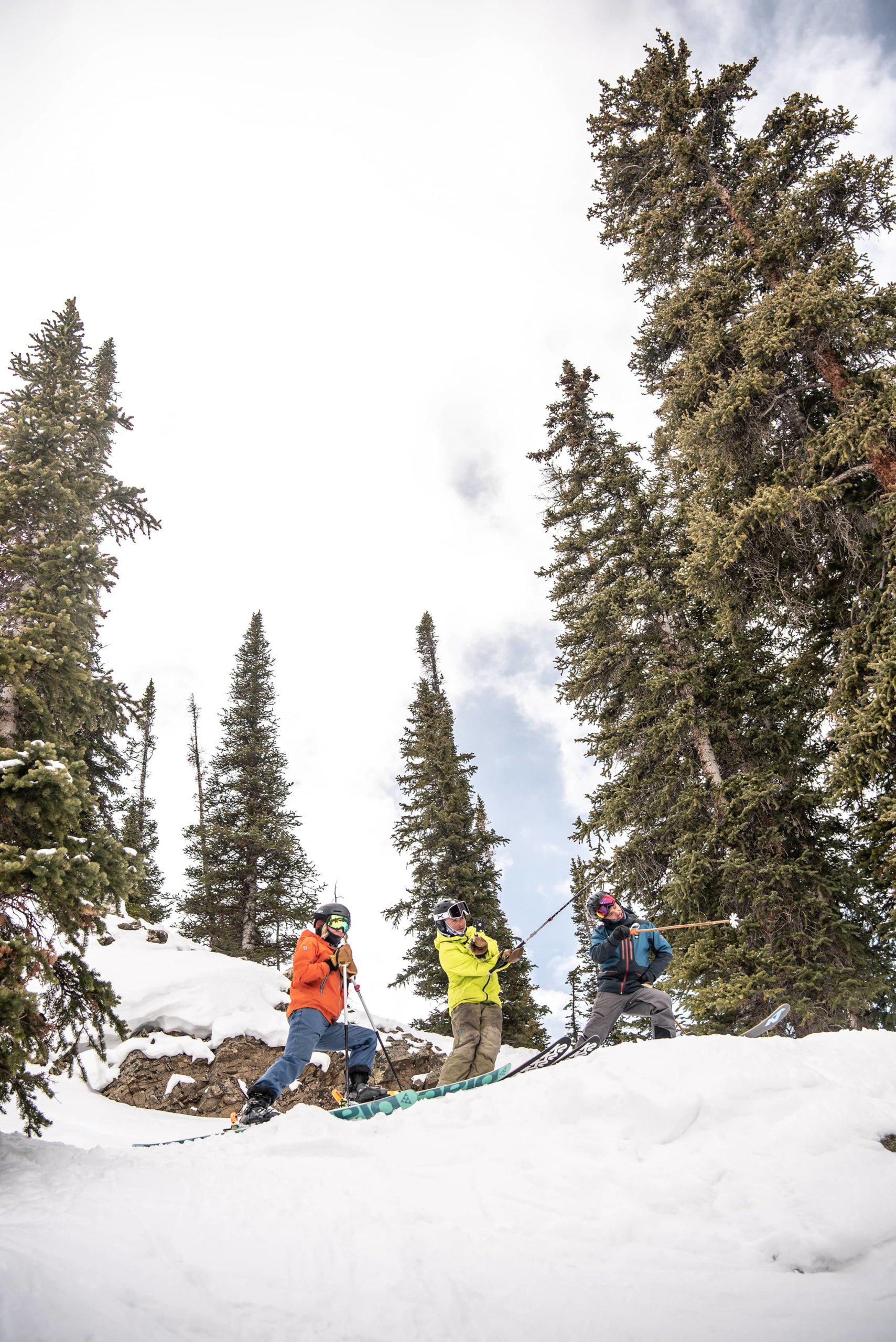
Up to now, my life—skiing related and otherwise—has been more than just a lax joyride. I’ve had my share of accomplishments, of course, but I’ve also had major battles I’ve needed to overcome. As have most people in this world, I know I’m not alone. When I was 15, I suffered my most significant ski injury to date. I was in Whistler, British Columbia, for the summer, training up on the glacier when a weird load to my outside ski caught and catapulted me into the air. I ended up fracturing my hip joint and the ball of my femur and completely tearing the labrum in my right hip. I also hit my head. Hard enough to lose consciousness for a minute or so. After a brief hospital stay in Whistler I was sent home to rest and recover for the remainder of the summer. Mind you, this accident was almost 15 years ago, and traumatic brain injury (TBI) awareness was nowhere near what it is today.
A few months following this big crash, I was running around in my high school gym with my fellow ski teammates for dryland training—the labrum in my hip was still torn but I opted to wait for surgery until the following spring so that I wouldn’t miss a ski season. We were playing a game and a friend of mine thought it would be funny to pick me up and try to play with me on his back. He tripped while running backwards and landed right on top of me, pinning my already vulnerable head between him, the hardwood floor and the concrete wall. I tried to brush it off but when I was driving home I completely lost the vision in my right eye and the whole right side of my body went numb. I drove as carefully as I could and immediately broke down in tears when I confronted my mom about what happened. She rushed me to the emergency room, I had some tests done to confirm I was once again concussed and then just…sent home. No concussion therapy, no discussion about how these head injuries could (and absolutely would) affect my mood and no information about the new triggers I would eventually discover.
I was irritable and negative all of the time. I would pick fights with my parents and explode over the smallest inconveniences. Not to mention my ski racing went to absolute shit, especially after the reconstructive hip surgery. I went from being the always-happy, bright-eyed kid to the compulsively pessimistic asshole teenager. I was quickly losing my grip and had no idea why. So I gave up ski racing after my senior year of high school, wrote off skiing in college because I thought that was where my anxiety and depression issues were stemming from and enrolled at a university where skiing was nowhere to be found. I was a fish out of water, desperate to find something new to hold onto. Unfortunately for me, the new vice that I found was alcohol and with multiple head injuries in the bank, I was creating a recipe for total disaster.
According to the National Library of Medicine, children who incur a TBI are at an increased risk of later developing alcohol use disorder (AUD). And here I thought it was totally normal for my short-term memory to shut off—blackout, if you will—after two drinks. I operated all four years of college and beyond with a disorder I didn’t even know I had and in hindsight, I put myself at unnecessary risk every time I went out with friends. It wasn’t until I gave up alcohol completely and voluntarily started going to therapy during the COVID-19 pandemic that I fully understood the effect those two major head injuries have had on me.
After six months of intensive therapy twice a week, I was able to peel back the layers with my therapist. What she revealed to me is that I had been mentally operating in ‘fight or flight’ mode since the initial accident in Whistler. There was no therapy for my brain back then and the trauma I incurred was just festering, getting stronger and stronger by the day. Peace was a privilege of the past. I was in a constant state of distress, waiting for the next chip to fall. And when it did, all hell would break loose internally.
I also discovered the physical effects from my mental turmoil. I found it hard to physically push my limits on the mountain or in the gym because my brain would flip its ‘flight’ switch and tell me I needed to stop if I was going to survive. This resulted in a big loss of physical fitness in my early twenties and very inopportune panic attacks—like the time I was ski touring with Michelle Parker in Grand Teton National Park and had to cut the day short for the entire group. I still hold my tail between my legs thinking back on that one. But it has also served as a key motivator to get back on track, both physically and mentally.
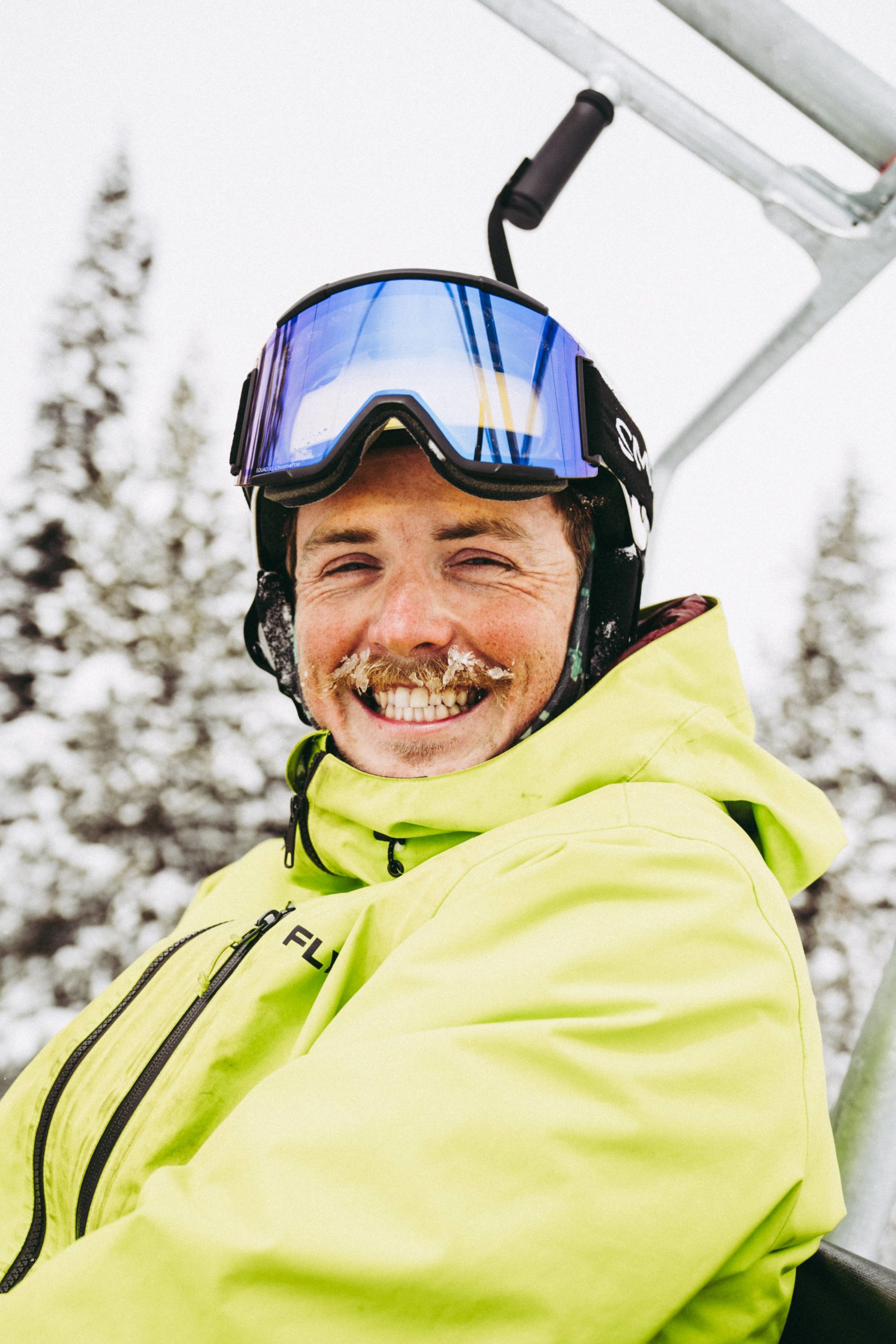
In this article from Team USA, Talkspace therapist Christine Tolman, LCPC, points out the performance benefits for athletes who seek help for their mental health. “[Therapy] may help athletes to process their experiences and find healthy coping skills to manage the stress and pressure that comes with their position. This can allow the athlete to focus on their sport in a healthy manner which could increase performance overall,” says Tolman in the article.
Since starting and graduating from therapy, I’ve been able to identify sources and triggers of my mental health issues. Now that I can distinctly point out my problems, it’s much easier to actively deal with those issues. And now that I have healthy coping skills—alcohol has been removed from the menu entirely—I can once again spend my time and energy pushing my personal limits.
I’m not here to say that therapy is the cure-all and will guarantee better athletic performance. I’m just here to share my experience with mental health issues, how that has affected my athletic career and the work it took to get back to a place of progression. I’m 29 years old and, in a lot of ways, feel younger than I did when I was 15 riding in the back of a Canadian ambulance. So yeah, maybe on paper my age makes me look like I’m behind the curve, but the personal work I’ve done in my twenties is only going to benefit me moving forward in life. For the first time in a very, very long while I feel completely at peace and actually enjoy pushing my body’s physical limits. There’s no more alarm going off in my head as soon as it starts to get hard and there’s no internal voice telling me that I don’t have what it takes to succeed. Because I do. I have all along. It just took the help of a licensed mental health professional to pull back the curtain on my fullest potential.

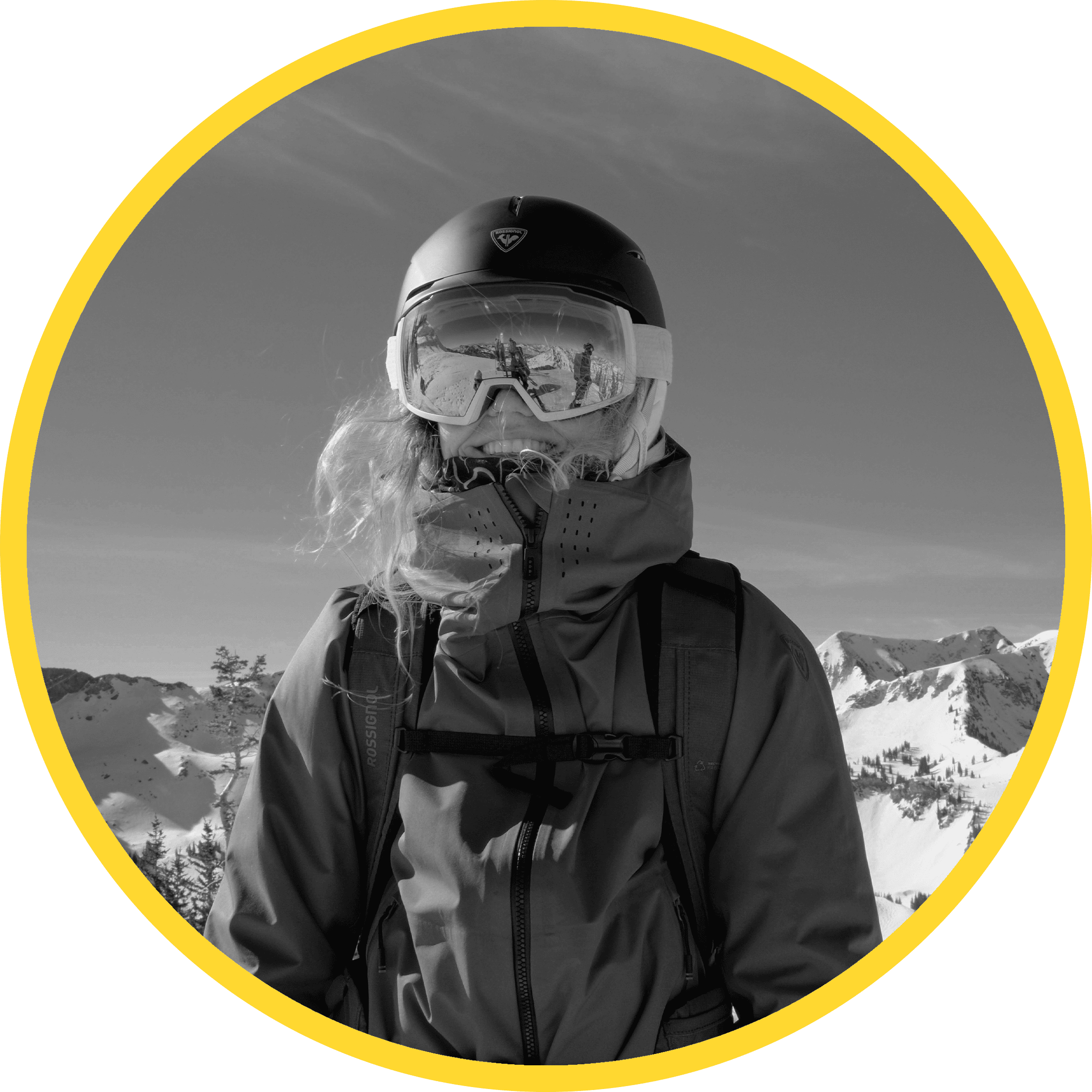
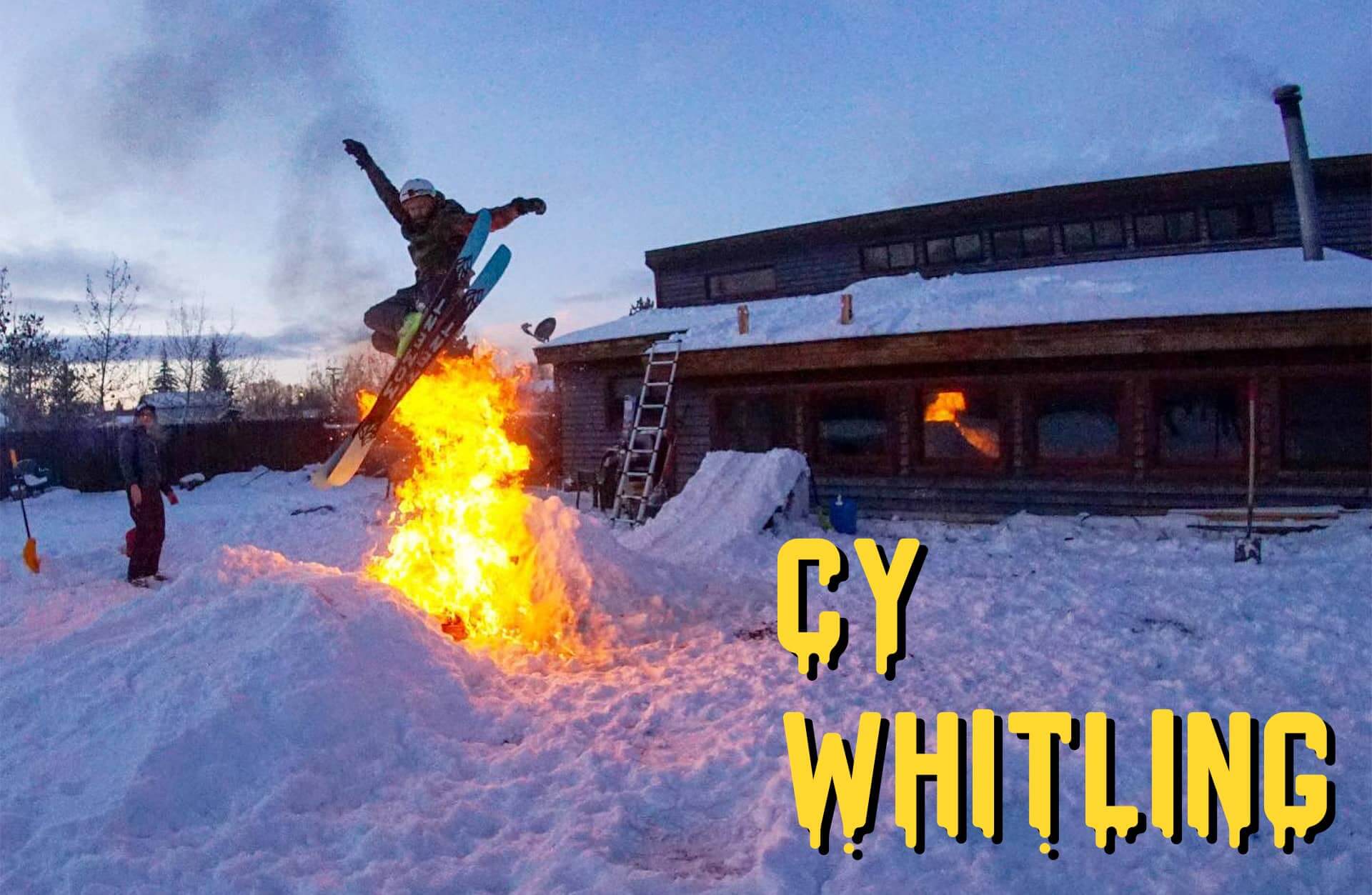

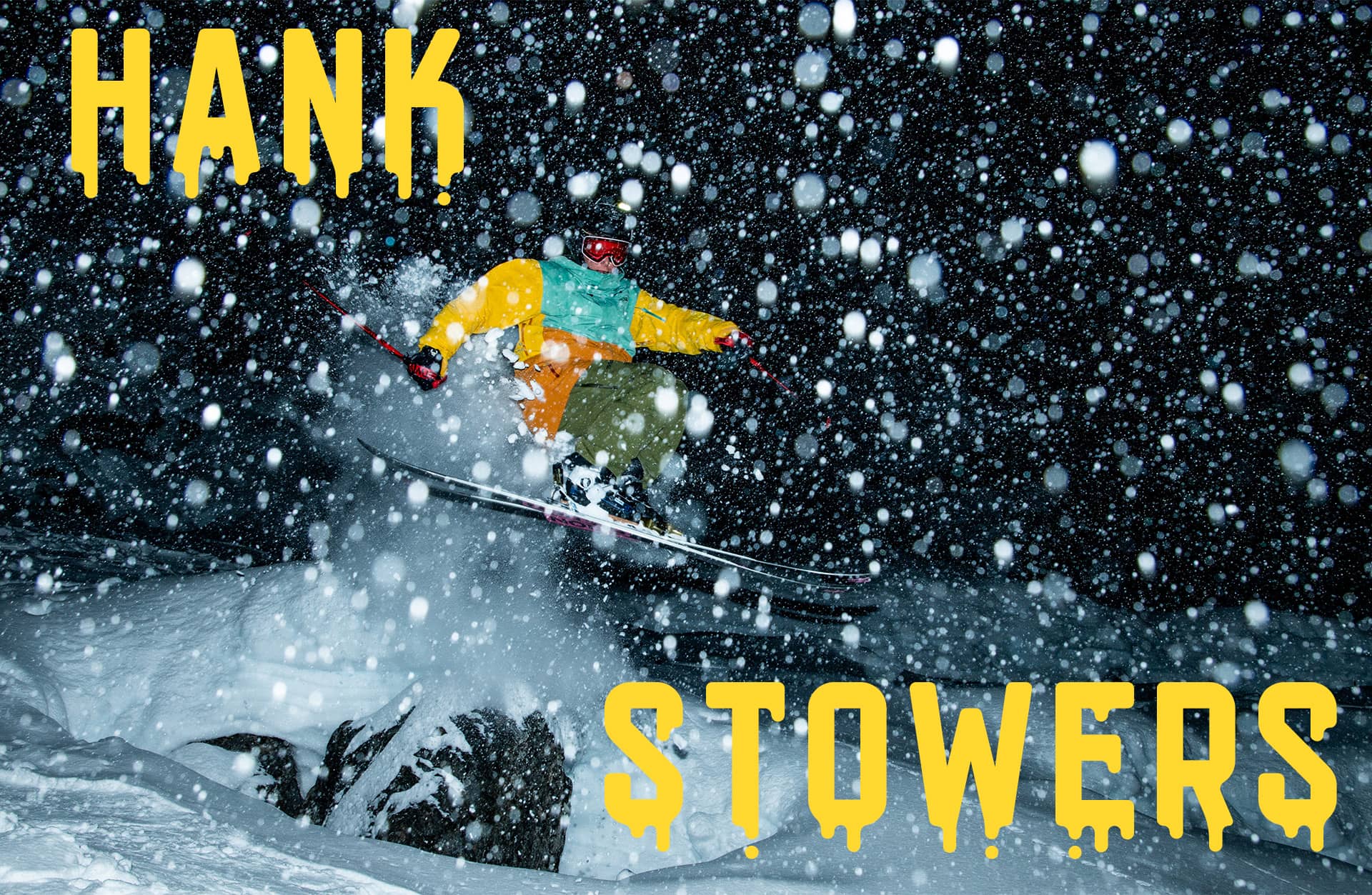


Claudia Sulloway says:
Hi, Alex! Another great and interesting issue of Butter! I learn something from every article…not that I want to go out and participate in some/most of them, but I enjoy reading about the journey each featured athlete has taken/is taking, and learning more about the particular sport than I knew when I started reading the article.
Much Love, Mamaw